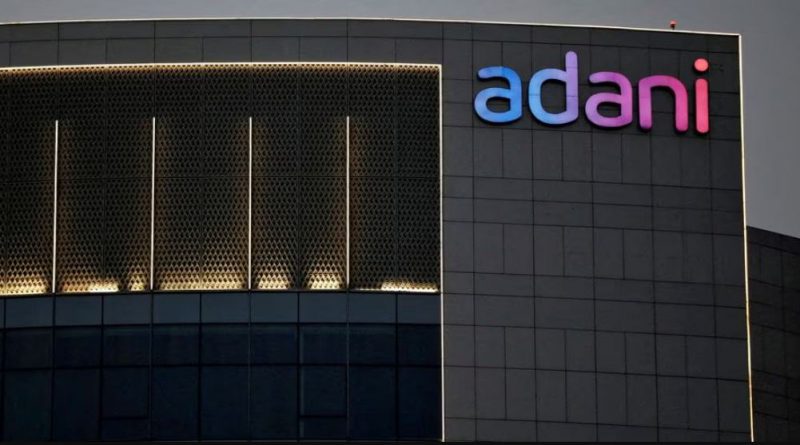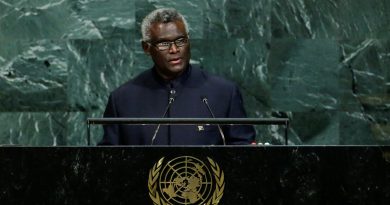Uttar Pradesh Regulator Delays Approval of Power Deal for Adani’s $2 Billion Coal Project Over Cost Concerns
New Delhi – The state power regulator in Uttar Pradesh has postponed approval of a major power supply agreement connected to Adani Group’s new coal-based power project, citing unresolved questions about project costs and the financial implications for the state utility.
The project, valued at nearly $2 billion, involves a long-term contract for Adani Power to deliver 1,500 megawatts of electricity to Uttar Pradesh, priced at 5.38 rupees per unit under a deal announced earlier this year.
However, the regulator stated that it could not proceed with final approval, as the state utility had not submitted detailed assessments of how recent policy changes might affect overall costs.
The cost-related uncertainty arises from a national policy decision introduced in July, which eased requirements for certain coal plants to install sulfur dioxide removal systems, significantly reducing expected capital expenses.
These relaxed rules are projected to save billions of rupees for coal-based power operators, yet the extent of savings for this particular project was not clearly quantified in the documents submitted.
The regulator noted that the Uttar Pradesh Power Corporation should have provided transparent analysis of the reduced expenses, including revised fixed charges and updated operating cost estimates that reflect the policy shift.
The commission has now directed the utility to include Adani Power as an active party in the proceedings, and submit comprehensive cost calculations within two weeks to clarify financial impacts.
A new hearing has been scheduled for December 18, during which updated information will be reviewed before any further decisions are taken.
In an earlier hearing held in September, the commission had already expressed concerns, stating that once emissions-control equipment was deemed unnecessary, the utility should have promptly recalculated charges under the agreement.
It also highlighted that the utility had not assessed the impact of revised goods and services tax rates on coal, a factor that directly influences the tariff structure under the long-term supply contract.
The delay highlights broader challenges in India’s coal power procurement landscape, where shifting regulatory policies and evolving emissions standards often create uncertainty for both operators and state-level distributors.
Despite India’s ongoing push for renewable energy growth, state electricity suppliers are increasingly entering long-term agreements with coal generators to address rising evening power demand.
Experts say this trend underscores the tension between short-term energy reliability and long-term sustainability commitments, as states struggle to balance immediate supply needs with national clean-energy targets.
The Adani project is part of a wider push to strengthen baseload power reserves across northern India, especially as industrial growth and household consumption continue to surge.
Analysts believe the regulator’s request for revised cost assessments is aimed at ensuring transparency, and preventing financial burdens from being passed on to consumers without proper justification.
The final decision on the agreement will depend heavily on the updated submissions from the utility and Adani Power, with authorities emphasizing the need for clarity before approving any multi-year financial commitments.
For now, the delay signals a more cautious and scrutinized approach toward large coal-based procurement contracts, particularly in states where power distribution finances remain stretched.



